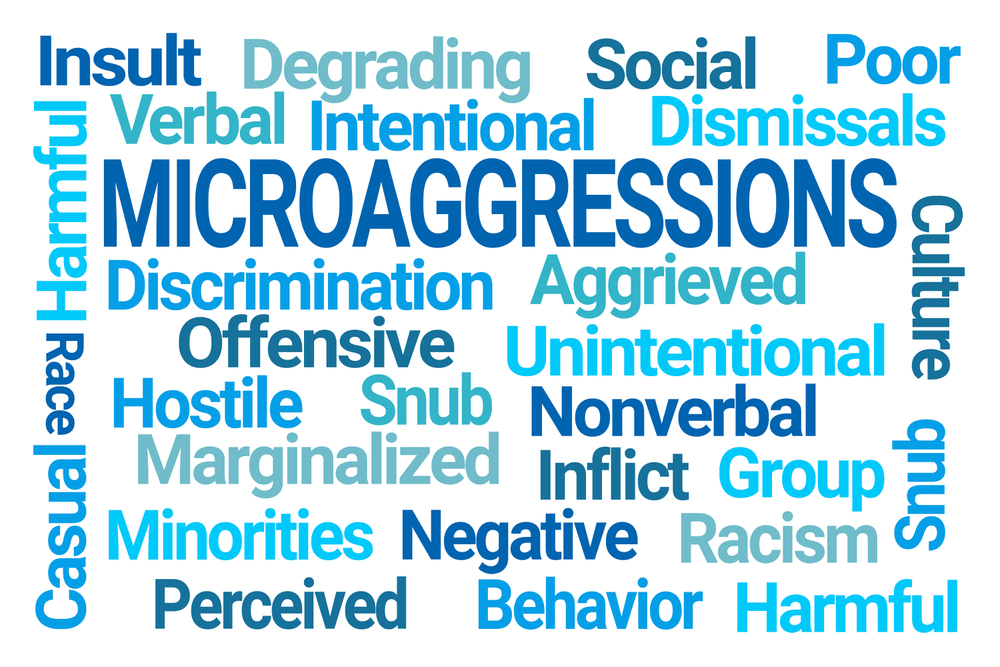These days, there’s a lot to lose your temper over. Dreadful news headlines about high profile bad behaviour and divisive politics. While that’s all true and legitimate, most of us don’t get a pass when we lose our cool. We’re still expected to act like mature adults – especially at work.
This week I’ve been thinking about the consequences of flaring tempers at work. This is partially because I’ve been watching the commentary about tennis players who have expressed their temper on the court – and the fallout that accompanies that behaviour. Watch this video that I spotted on Facebook, or this Top Ten tennis outbursts video from YouTube to see exactly what I mean about this particular variety of ‘workplace’ behaviour.
With behaviour, context often matters. This includes how our current behaviour compares with our past behaviour. For example, if you’re normally a reasonable, even-tempered person then one meltdown or tantrum will really stick out. People will remember it. As the saying goes, you can’t put lava back into a volcano. In these situations, the best thing to do is to offer a sincere apology – quickly and in front of the people who may have watched you lose your temper. Try to take responsibility instead of blaming the person who was at the receiving end of your freak-out. For good measure, it’s also wise to offer the same acknowledgement of wrongdoing to your supervisor/boss.
Certain positive traits are associated with being quick to anger — these traits include intensity, a naturally competitive nature and a strong drive for achievement and excellence. Rage or anger can be a natural manifestation of passion. If you’ve already cultivated a reputation for being a high strung, high-intensity person then you may have a bit more latitude. People are used to you acting a little more extraordinary. With that said, it’s one thing to be known for being loud, passionate and having a high standard of excellence. Most people will accept that as part of your style. Those traits are never an excuse for having bad manners.
 Being intense and having high expectations are OK but crossing the fine line into abusive, threatening behaviour or personal attacks will hurt your credibility as someone who wants the best performance from yourself and others. Moreover, it may result in accusations of harassment and difficult conversations with HR and even ‘Legal.’ Even if you’re known for being intense, if you lose control of yourself and have a tantrum of any sort, then you really should apologize to anyone who may have seen it or been affected by it as soon as possible. For good measure, even if people know that you’re ‘prickly’, make sure to apologize to your supervisor/boss and let them know that this won’t become a habit. If your boss/supervisor chooses to discipline you in some way because of your bad behaviour and this makes you even angrier then that might be a sign that you should consider speaking with a psychologist or psychotherapist to help you develop better strategies for handling your volatile emotions.
Being intense and having high expectations are OK but crossing the fine line into abusive, threatening behaviour or personal attacks will hurt your credibility as someone who wants the best performance from yourself and others. Moreover, it may result in accusations of harassment and difficult conversations with HR and even ‘Legal.’ Even if you’re known for being intense, if you lose control of yourself and have a tantrum of any sort, then you really should apologize to anyone who may have seen it or been affected by it as soon as possible. For good measure, even if people know that you’re ‘prickly’, make sure to apologize to your supervisor/boss and let them know that this won’t become a habit. If your boss/supervisor chooses to discipline you in some way because of your bad behaviour and this makes you even angrier then that might be a sign that you should consider speaking with a psychologist or psychotherapist to help you develop better strategies for handling your volatile emotions.
Of course, hindsight is 20/20. So, learn from others who’ve behaved regrettably at work. Here are a few strategies to consider before you lose your temper at work:
- Do your homework before potentially difficult interactions. Make notes that include the key points you need to cover. This should help you to stay on track.
- There’s no harm in practicing what you need to say. This may help you to stay ‘on script’ instead of unleashing a string of regrettable words.
- Consider postponing a meeting or discussion if you know that you’re unlikely to be able to maintain your composure and professionalism (of course, you do need to deal with it, this isn’t meant to be a way of avoiding to do your job …)
Do you have HR or career-related matters that you’d like to discuss? Please contact me by email, phone, or via direct message on Twitter, Facebook, or LinkedIn if you’d like to discuss any of these topics in more detail. If something urgent comes up, I’m also available by a voice or video on Magnifi, an expertise-on-demand app.
More than career coaching, it’s career psychology®.
I/O Advisory Services – Building Resilient Careers and Organizations.™
Easily share this article using any of the social media icons below.




